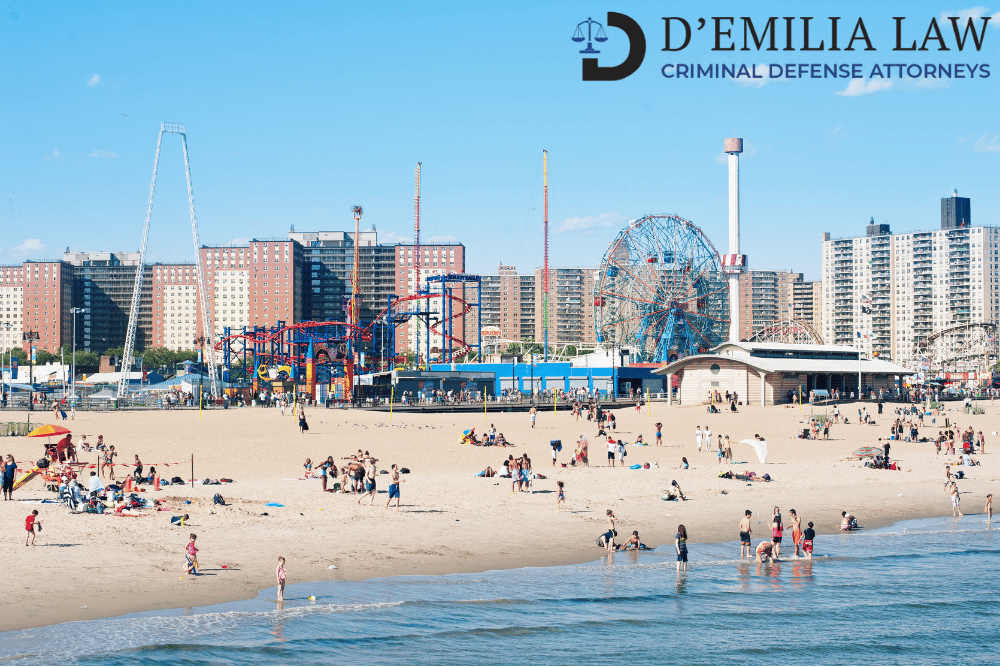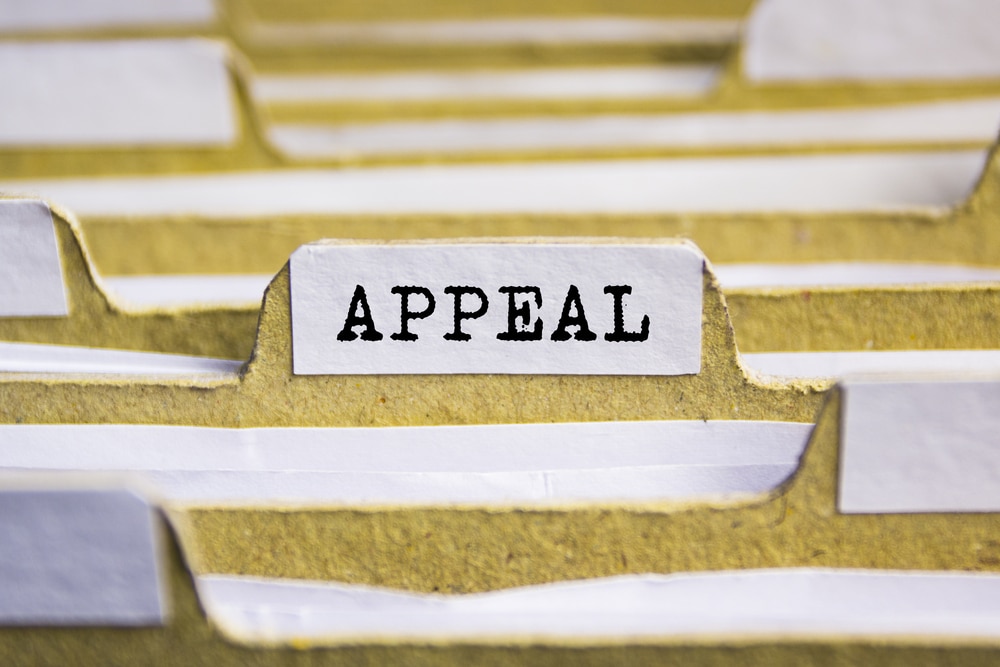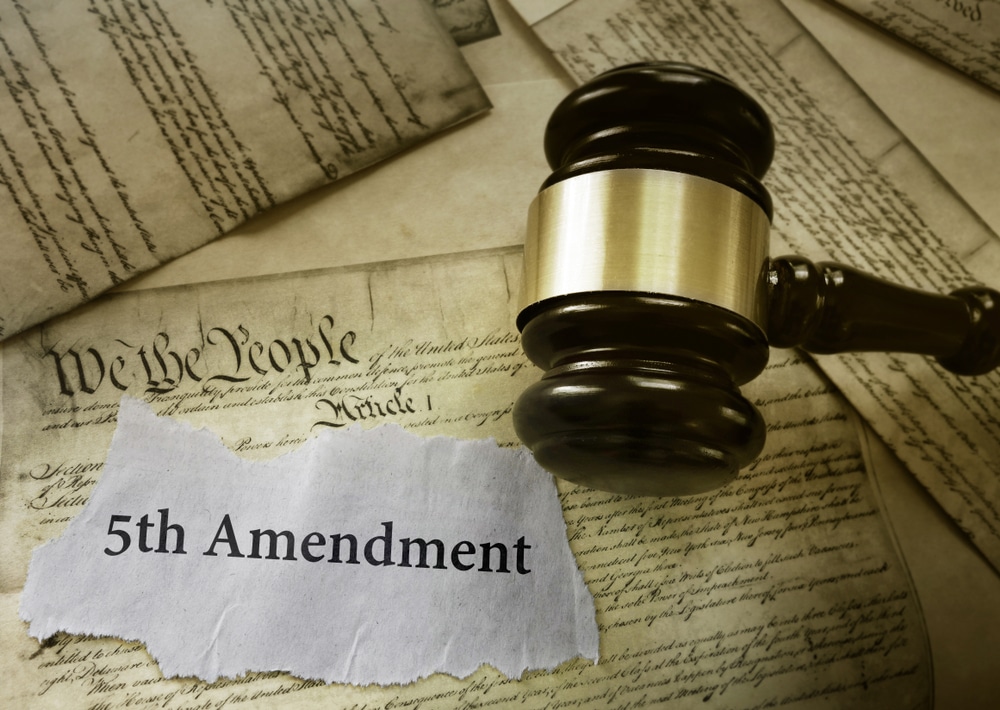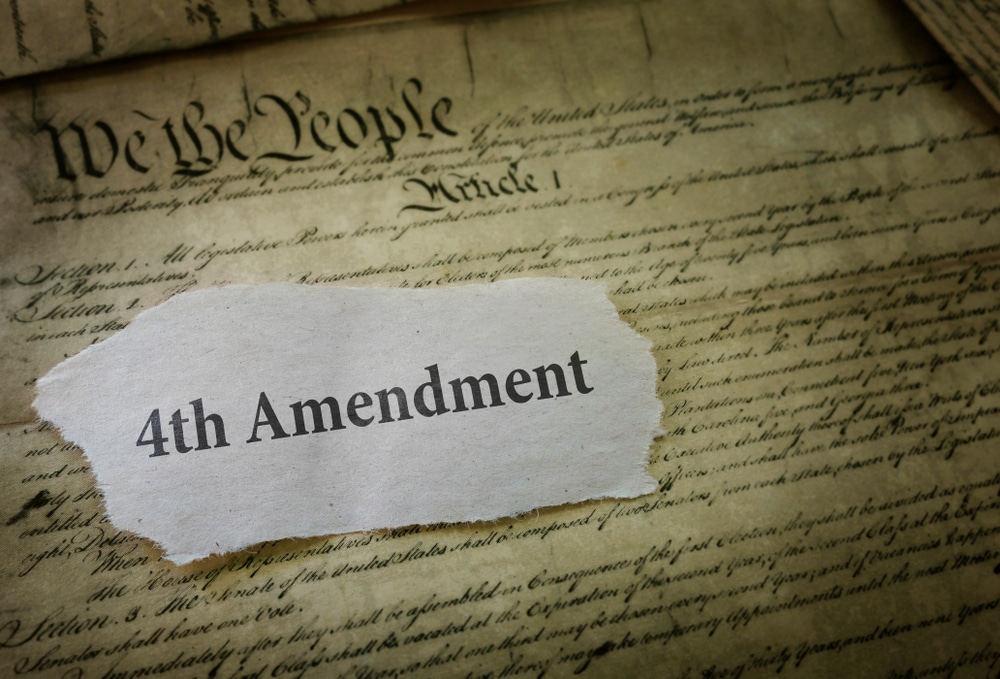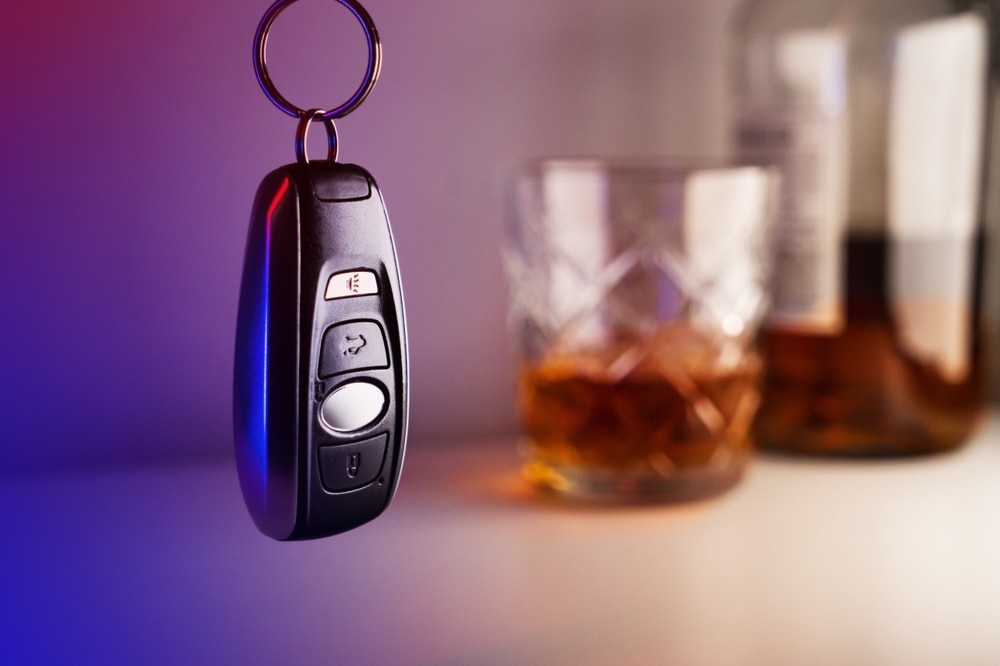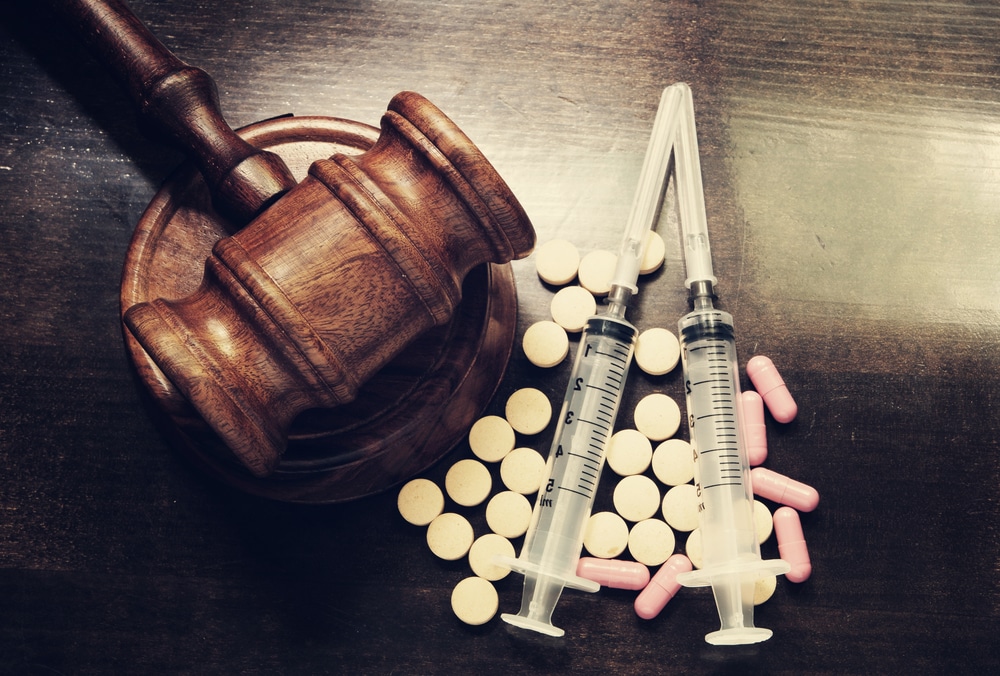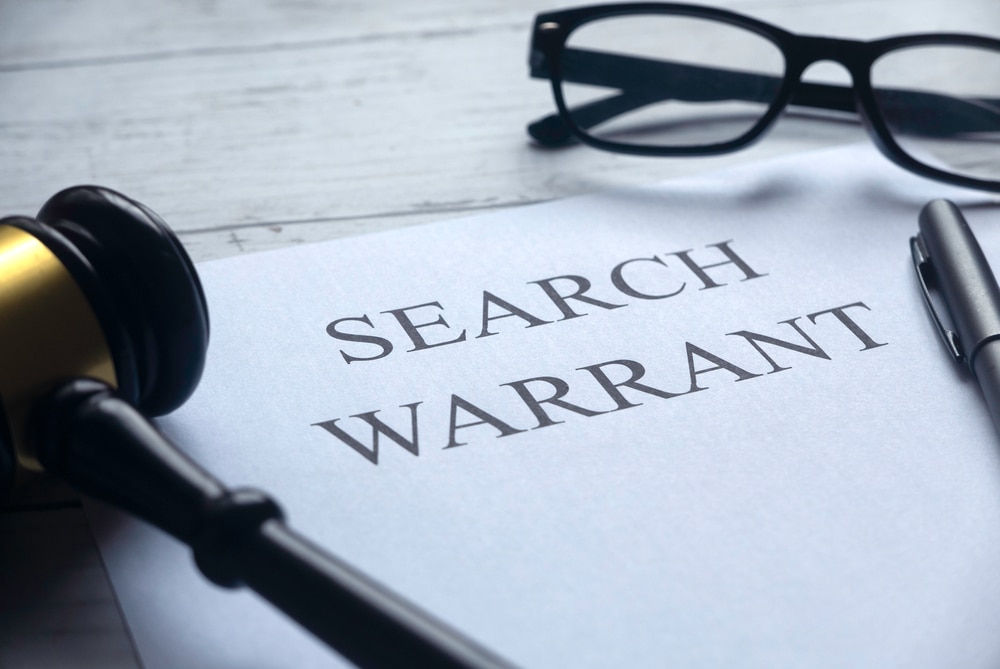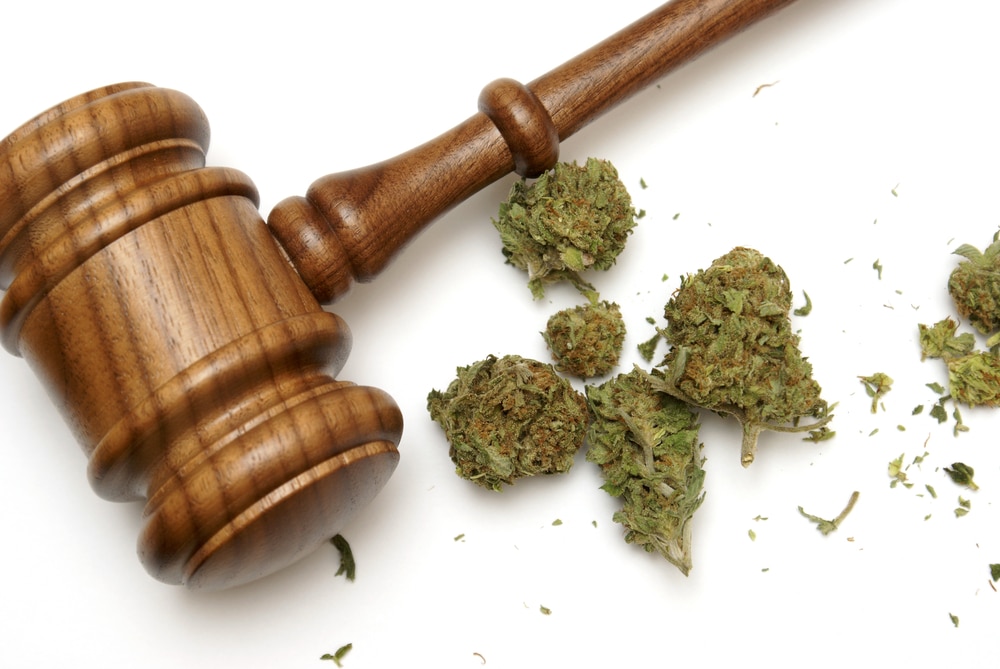The New York criminal defense team of D’Emilia Law has historically seen a rise in arrests during the summertime, which stem from charges involving:
Fireworks.
Assault.
Shootings.
Domestic Violence.
The standard is not hard to meet for police to make an arrest based on probable cause. The police only need enough evidence to justify an arrest.
In our experience as defense lawyers and former prosecutors, there is a direct correlation between the rise in temperature and the frequency of these types of charges and crimes. A misunderstanding or disagreement can easily spiral out of control, leading to a night in jail – or worse. We will explore those scenarios in upcoming installments.
New Times, New Rules
The law is evolving to reflect a world amid the coronavirus pandemic. Situations are more precarious now since there is a health risk associated with almost every move we make. There are more recent laws and guidelines to be aware of when it comes to contact-less crimes, such as:
Know Where (and When) You Are Allowed Indoors. On July 1, it was announced that New York City will postpone indoor dining indefinitely. The rest of New York State, however, has different guidelines for indoor dining beginning July 6 (as part of Phase 3 reopening). You may be violating a policy if you knowingly enter an eatery that is closed. Look for signage or postings before entering any commercial or private establishment.
Wearing Masks. New York State mandates the wearing of masks in public spaces. If enforced, you may face a fine.
Social Distancing. If you knowingly fail to maintain a 6-foot distance from others in public or private spaces, bystanders may call the police. No one wants to risk their health because you were not paying attention or ignoring the rules.
Behavior Tips
Governor Andrew Cuomo acknowledged during New York State’s July 1st briefing that “citizen compliance is slipping.” Just because you pose no immediate physical harm does not mean you have a license to act inappropriately or break the law. Furthermore, summertime does not mean the police will relax enforcement of these rules.
We’ve all seen the online video footage of people knowingly standing without masks on takeout lines and retail stores. Sometimes they even cough on food or bystanders as an act of rebellion or malice. This is not how you should act – it will be used against you if someone presses charges.
If you don’t like that someone is capturing your actions on video, politely ask them to stop. If they refuse, your best course of action may be to leave the area to avoid any escalation.
Should the cops be called, and regardless of the type of crime of which you are accused, how you interact with police could make all the difference when the charges are gathered. Some basic tips to remember:
- Comply with the police. Even if your offense seems minor – like standing too close to someone else – do not ignore an officer’s request to distance yourself. They will still enforce the law. For example, you could be cited for disorderly conduct for refusing to maintain the 6-foot social distance rule or wear a mask.
- Be polite. Keep your emotions in check and your answers short.
- Ask for a criminal defense lawyer. Do not sign anything or answer any interrogation without a lawyer present. You do not want to be caught unprepared, especially as new policies are being implemented. Prosecutors can easily trick you into being the test subject for a new law, penalty or fine.
An arrest during the COVID-19 pandemic in New York has several unknowns and variables. Penalties may be more severe – even financially. If you are arrested, you need criminal defense lawyers who are available and have their fingers on the pulse of the changing legal landscape.
Contact D’Emilia Law for a consultation if you or a loved one needs representation in New York.

